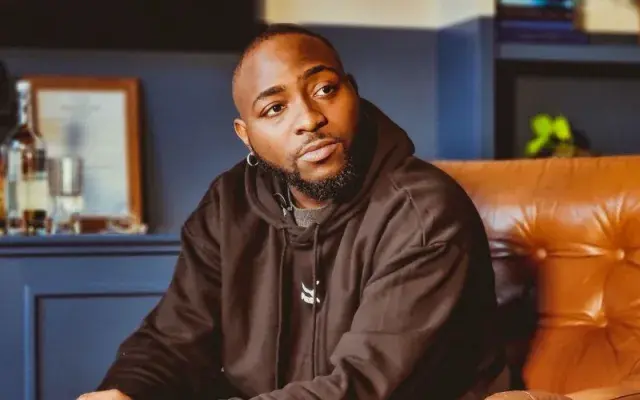Nigerian singer David Adeleke, also known as Davido, has stated that the current crop of Nigerian artists is making waves worldwide because of the sacrifices of Afrobeats stalwarts such as 2Baba, D’banj, and P-Square.
He said that due of the sacrifices made by him and his colleagues, the future generation would benefit even more.
Davido said in an interview with the most recent episode of The Bridge Show that when he was signed to an international record label in 2016, the label wanted him to start over since they were unaware of his fame in Africa.
He said, “When I first got signed to an international label, Sony in 2016… When we come and sign record deals overseas, they don’t know that we are superstars back home. I came straight from Mali where I performed at 60,000-capacity stadium to sign the deal. But when you sign a new deal they want you to prove yourself again.
“I told my manager that I am not starting again o! But then it takes time to understand that we are sacrificing now. What D’banj, P-Square and 2Face sacrificed for us is what we are enjoying now.
“What we are sacrificing now the next generation will profit from it. The next generation would be bigger definitely because the [Nigerian] music is only going to grow bigger.”
In another story, Davido proudly claimed the title of global leader in the Afrobeats genre.
During a recent interview with Billboard’s Nadine Graham, the DMW boss interjected when the interviewer labeled him as the leader of Afrobeats in the United States, asserting that he leads “everywhere.”
Davido said as global leader of Afrobeats, he wants people to look forward to “Just good music. And it’s crazy, because people in jail have heard my music.”
The singer revealed that he is presently working on two albums, clarifying that one will cater to the African audience while the other will target the American audience.
Davido also shared that his favorite collaboration is ‘2 AM’ with Casanova and Tory Lanez because the record successfully bridged Canadian, Nigerian, and American cultures.



